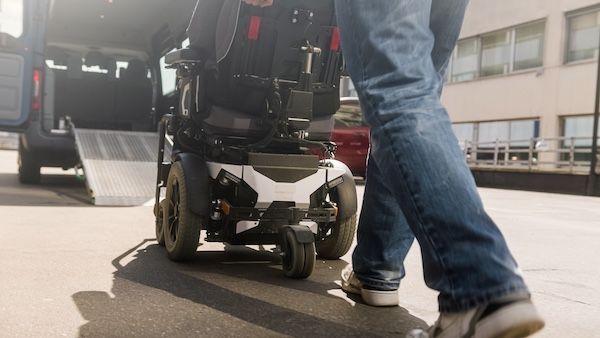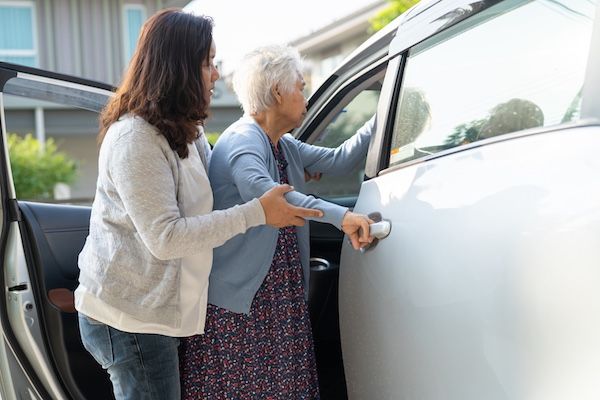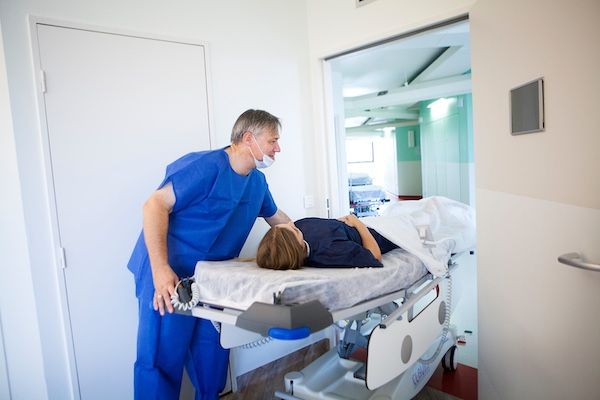Requirements to Be an NEMT Driver in South Carolina
As the demand for non-emergency medical transportation (NEMT) continues to grow, so does the need for qualified drivers who can provide safe and reliable transport for patients. In South Carolina, becoming a non-emergency medical transportation driver involves meeting a range of requirements, ranging from licensing and training to adhering to safety regulations. This blog post will outline the essential qualifications and steps required to become an NEMT driver in South Carolina.
Understanding the Role of NEMT Drivers
Before diving into the requirements, it’s essential to understand the role of an NEMT driver. These drivers are responsible for transporting patients who need to attend medical appointments but do not require emergency care. The drivers must ensure that passengers reach their destinations safely and comfortably. They also need to provide assistance to individuals who may have mobility challenges, including helping them enter and exit the vehicle.
License and Training Requirements
- Valid Driver’s License: To become an NEMT driver, candidates must possess a valid South Carolina driver’s license. The license should be free of serious violations that may disqualify an individual from driving professionally. Employers typically check driving records to ensure that potential drivers are responsible and safe on the road.
- Commercial Driver’s License (CDL): While a standard driver’s license is often sufficient for NEMT positions, some employers may require a Commercial Driver’s License (CDL), especially for drivers operating larger vehicles or those equipped with specialized equipment, such as wheelchair lifts. Obtaining a CDL requires passing both written and driving skills tests and meeting specific medical requirements.
- Background Check: Most NEMT providers conduct background checks on potential drivers. This process includes reviewing criminal history and driving records. A clean record is crucial for maintaining safety and trust with passengers.
- Driver Training Programs: Many employers provide or require completion of driver training programs. These programs cover essential topics such as defensive driving, patient assistance techniques, and safety protocols. Training ensures that drivers are adequately prepared to handle a variety of situations and can assist patients effectively.
- First Aid and CPR Certification: Given the nature of the job, NEMT drivers often need to be certified in First Aid and CPR. This certification equips them with the skills to respond to emergencies that may arise during transport, such as medical issues a passenger may experience along the way.
Vehicle Requirements
- Safe and Reliable Vehicle: NEMT drivers must operate a vehicle that meets safety standards and is equipped to transport passengers safely. The vehicle should be well-maintained, regularly inspected, and equipped with safety features such as seat belts and appropriate securement devices for wheelchairs when needed.
- Insurance: NEMT drivers are typically required to carry liability insurance on their vehicles. This insurance protects both the driver and the passengers in the event of an accident or injury. Employers will often check for proof of insurance before allowing a driver to transport patients.
- Accessibility Features: If the driver is transporting patients with disabilities, their vehicle must be appropriately equipped. This includes having wheelchair ramps or lifts for those who are unable to walk. Compliance with the Americans with Disabilities Act (ADA) is also necessary, ensuring that the vehicle can accommodate passengers with varying mobility needs.
Additional Skills and Qualities
Beyond the technical requirements and vehicle specifications, certain interpersonal skills and qualities are essential for NEMT drivers:
- Compassion and Patience: Drivers should possess a strong sense of compassion and patience to support passengers who may be anxious or in discomfort due to their medical conditions.
- Excellent Communication Skills: Effective communication is crucial when interacting with patients, their families, and healthcare providers. Drivers must listen to passengers and follow instructions carefully.
- Problem-Solving Abilities: Situations can often change quickly in the medical transport industry. NEMT drivers should be adaptable and able to handle unexpected challenges calmly and efficiently.
Contact Custom Care Carriage
Becoming a non-emergency medical transportation driver in South Carolina requires a combination of the right qualifications, training, and personal attributes. With the essential requirements of a valid driver’s license, background checks, training certifications, and a reliable vehicle, prospective drivers can make a difference in the lives of patients needing transportation to medical services. By ensuring safety, comfort, and compassionate care, NEMT drivers play a vital role in enhancing access to healthcare within their communities. If you are interested in pursuing a career as an NEMT driver, take the first step by researching local employment opportunities and training programs that will help you meet these requirements.
If you're looking for some non-emergency medical transportation, contact us today!











